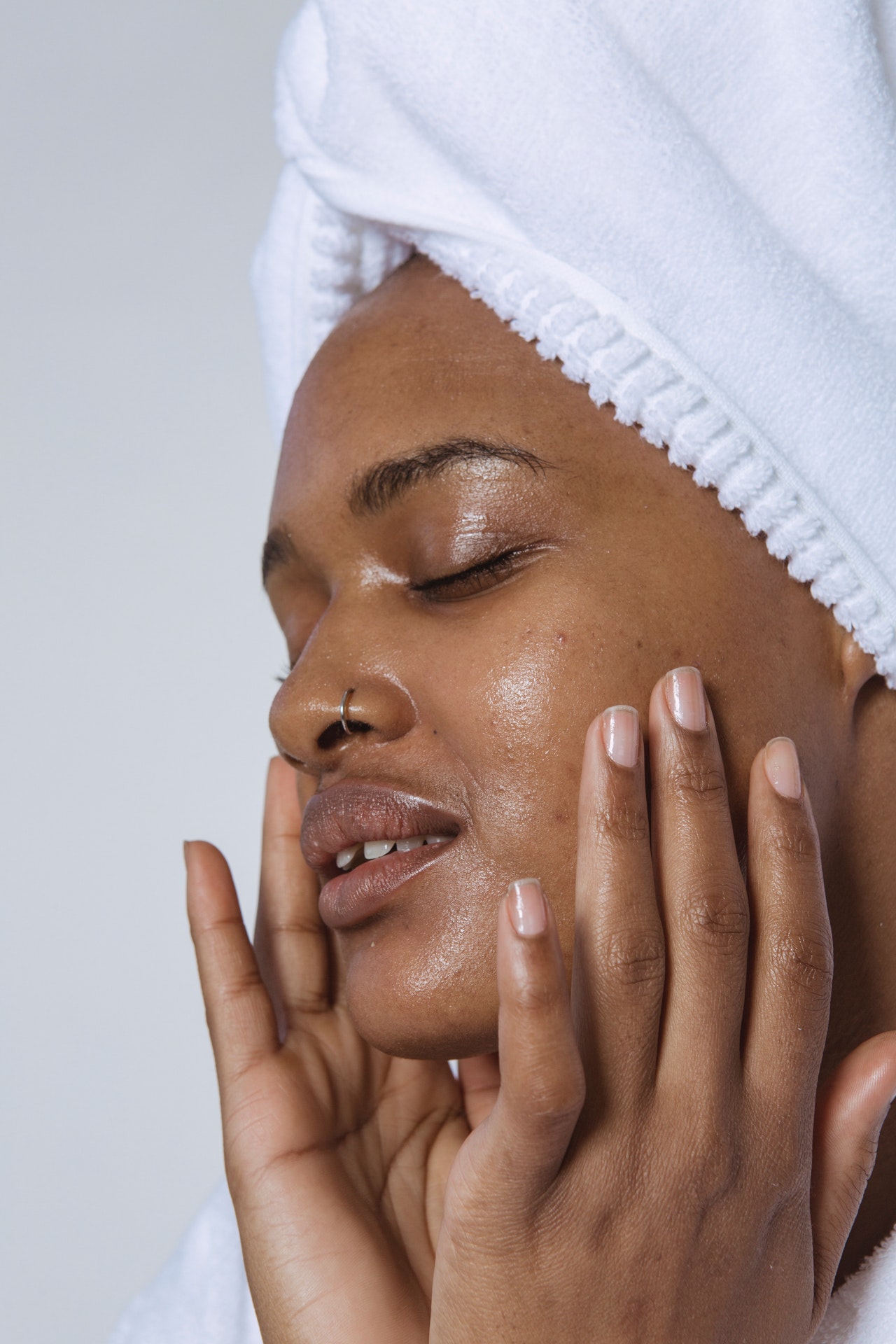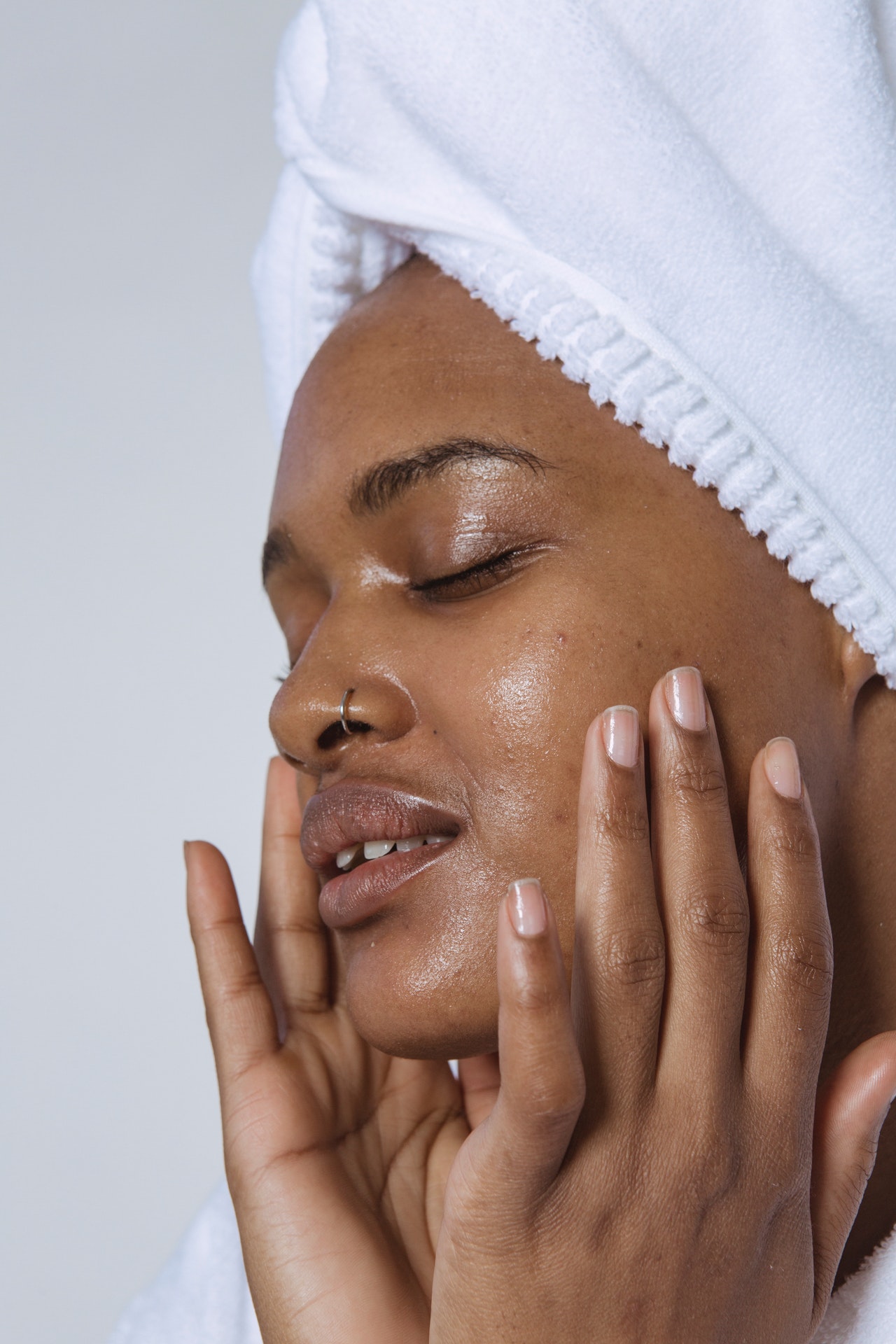
During my teenage and youth years, I used to look at myself in the mirror and felt I was seeing a stranger. It felt as if every flaw on my face or body was magnified and screaming at me. I struggled with it for a long time and didn’t know it was a condition called body dysmorphia. I was in constant battle with a body I didn’t recognise and wanted to change.
Body dysmorphia is one of the extreme cases of body image concerns. It is a condition where people see distorted images about any part of their body (face, skin, body shape) versus what is there. In my case, it was my face. I believed that I was not beautiful enough. I didn’t realise I was not alone until I encountered studies that revealed the significant impact of body dysmorphia on people’s daily lives. In the US, 77% of individuals with BDD reported poor interference with work, school, or social activities due to their symptoms. Similarly, a UK study found that half of those with BDD are currently unemployed. In Africa, Nigeria specifically, Africans are leading consumers of skin bleaching products due to body dysmorphia disorder.
It is a condition that threatens you to constantly seek reassurance, check the mirror excessively, battle social anxiety, hide perceived flaws, and have intrusive thoughts. It steals the life of its victim, bit by bit and holds them back from embracing experiences, relationships, and full potential.
But everyone needs to understand that flaws don’t define us. I’ve been there. I remember experiencing anxiety, and constant worry almost every time I had to go to school events during my university days. The acne would come and go, and it occupied my mind so significantly that it dictated my mood at times. When I thought about people seeing their faces without makeup, especially because I felt makeup was the cause of my acne, I declined to go out. At some point I began to avoid the mirror, but also continued to check my appearance from afar obsessively, hoping to love my face again. I wasted money buying skin care products, but nothing worked. The mind they say is the battleground; looking back I now see that my struggle was because I accepted it, either through my words or thoughts. I manifested what I believed someone else had told me about me.
As I battled with acne, I spent a lot of time grooming myself and practising ways to hide my face. I selected hairstyles that would cover the problem areas. Even when it was extremely hot, I wore a fringe to hide the acne. I also believed that I was allergic to powder and foundation, which I used to cover the problem areas. Therefore, I was very strategic in everything I wore.
They say comparison kills. When I was younger, I loved fashion and devoted myself to fashion magazines. Unknowingly, I became fixated on idealised images of celebrities, yearning for a flawless face like theirs. I believed that achieving this goal was my only way of finding peace and acceptance.
In university, I had a friend with clear, radiant skin. I constantly compared myself to her, naively believing that clearing the acne would grant me her level of beauty and popularity. This mindset fueled my lack of self-love. I never really believed compliments about me being beautiful. I thought I had to look a certain way and be perfect to be considered beautiful. I was always asking people what they felt or thought about my face. Most of them always said they could see the acne but it was not as bad as I always painted it to be.
I have now learned that God created humans with incredible bodies. Negative influences in what we listen to and see can distort how we see ourselves, on the outside and within. We need to treat ourselves more kindly, not with self-criticism. Knowing who we truly are and accepting is the key to freeing ourselves.














